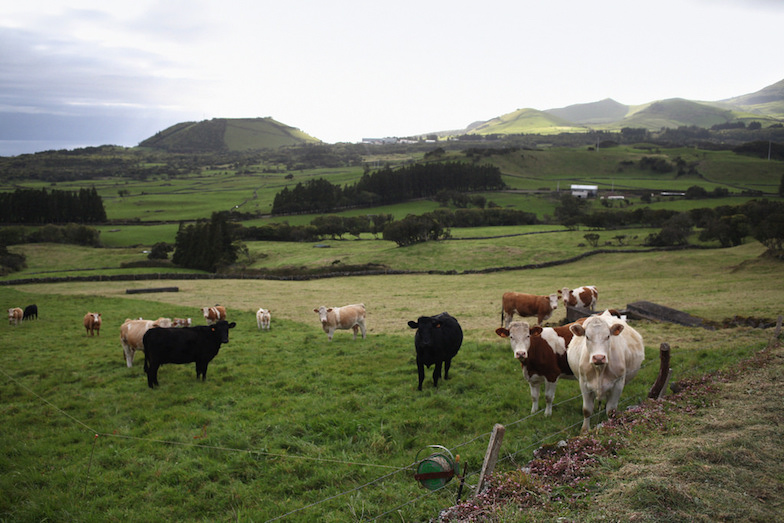
Trump’s Top Trade Nominees Lobbied for Hormone-Meat Exports
The nature of Britain's trade deals with the United States after Brexit raises serious concerns about the quality of food on supermarket shelves - and the influence of vested interests in the meat industry,
July 31, 2017 | Source: Ecologist | by Lawrence Carter, EnergyDesk, Greenpeace
Donald Trump’s nominee to be the United States’ chief agricultural trade negotiator previously called for the US to walk away from trade talks with the EU if it refused to drop its ban on beef reared with antibiotics and growth supplements.
The revelation could have implications for the UK’s attempts to strike a post-Brexit trade deal with the United States, with reports suggesting the US agricultural sector wants to weaken UK food standards – including the ban on growth hormones – to help boost its meat exports.
Last week, international trade secretary Liam Fox refused to rule out reversing a ban on the import of chlorine-washed chicken during a visit to Washington to discuss a post-Brexit trade deal.
This resulted in a cabinet split as environment secretary, Michael Gove, insisted that the UK would not compromise on its food standards by dropping restrictions on chlorinated chicken.
Now, an Energydesk investigation has found that two of Trump’s nominees for top agricultural trade positions have strong links to the US beef and growth hormone lobbies. And that these powerful groups are already mobilising in Washington to take advantage of the UK’s need to strike a post-Brexit trade deal.
“Walk away” from talks
Gregg Doud, who was nominated for the US’ top agricultural trade position by President Trump last month, authored a paper in 2013 arguing that the US should “absolutely” walk away trade talks with the EU if it refused to drop restrictions on US meat imports.
Doud previously spent eight years working for the National Cattlemen’s Beef Association (NCBA) – a powerful lobby group that has identified Brexit as an opportunity to lift UK restrictions on the import of beef reared with substances that increase animal growth rate – such as hormones and beta agonists.
Energydesk can further reveal that Trump’s nominee for the new role of under-secretary of trade at the US department of agriculture, Ted McKinney, is a former director at Elanco Animal Health – a major manufacturer of growth hormones and beta agonists.
During last week’s visit to Washington, Fox downplayed the significance of US meat exports to any future trade deal between the UK and US.
But some US trade experts believe that getting rid of barriers preventing the export of US beef, pork and chicken will be a red line for the US in any negotiations.
Speaking to Energydesk, Daniel Pearson, a senior fellow in trade policy studies at the Cato Institute in Washington, said that a post-Brexit deal will not happen if the UK is not willing to drop restrictions.
